- Title: Colette
- IMDb: link

Beginning in the late 19th Century, Sidonie-Gabrielle Colette (Keira Knightley) became one of several ghostwriters for her husband Willy (Dominic West) who was notorious for putting out other’s work under his name (which helped secure better publishing rights and a broader audience than any of the writers could achieve on their own). A womanizer and gambler always living beyond his means, Willy was always looking for the next big thing (and wasn’t above bullying those around him to achieve his goals).
By far, Willy’s largest success were a series of novels penned by Colette, but released under his own name, about a French girl named Claudine. Much like Willy’s financial success was built on the hard work of his wife, so too is director Wash Westmoreland‘s new film built on the back of Keira Knightley’s performance. A talented woman born a century too early for her talents to be fully appreciated, Colette focuses on the first-half of the artist’s life including her marriage, the writing of her Claudine novels, her growth as an artist, her romantic relationship with both her husband and female lovers (Denise Gough and Eleanor Tomlinson), and her eventual independence.
The script is smart and witty, and Knightley shines in a role that sees her go from a young French countryside bride to the the most read author in all of France. Always up for a good period piece, Knightly feels right at home in the early 20th Century. While the role of Willy could easily have been boorishly one-note, the film does spend quite a bit of time on both the strengths and weaknesses of Colette and Willy’s marriage. Although it eventually ended badly, the relationship gave Colette the freedom to find her voice and spread her wings. And while the cinematography of Giles Nuttgens isn’t a stand-out, it does frame the story quite well while providing some beautiful visuals.
Given the length of her career, the film doesn’t delve into Colette’s later years. Instead the script by Westmoreland, Richard Glatzer, and Rebecca Lenkiewicz remains focused on the metamorphosis of Colette into an artist and the events which led her to embark into a brave new world for a bisexual female author in the early 20th Century by making a living for herself on stage before eventually returning to the written word. This means some of the complicated drama of Colette’s later life doesn’t make the cut (including an affair with, and her eventual marriage to, her sixteen-year-old stepson), but there’s plenty left to tell should Knightley and Westmoreland want to reunite again. That’s one sequel I’d be happy to watch.
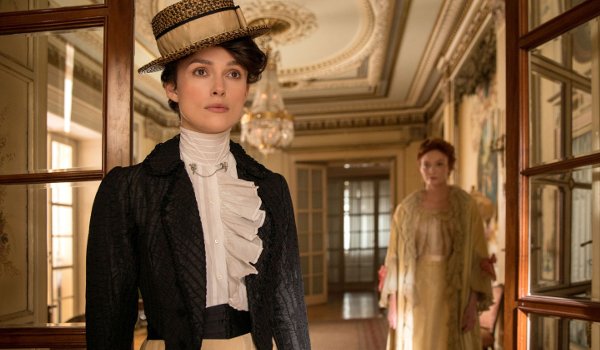
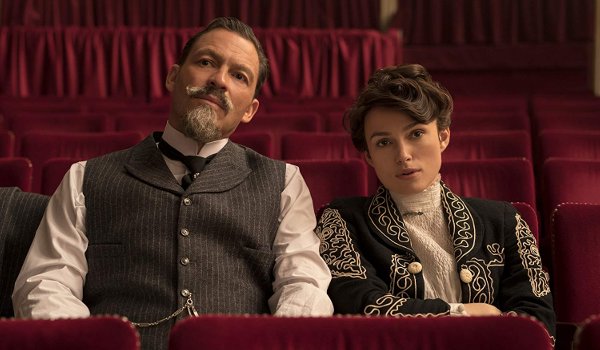
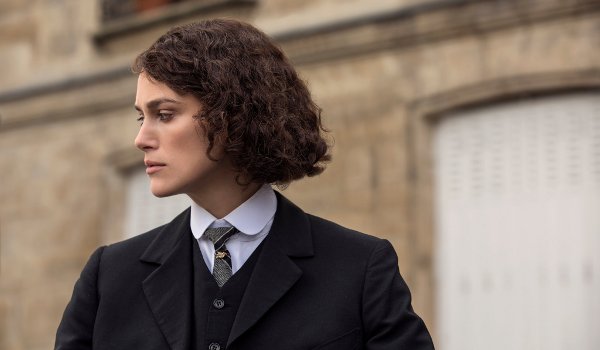
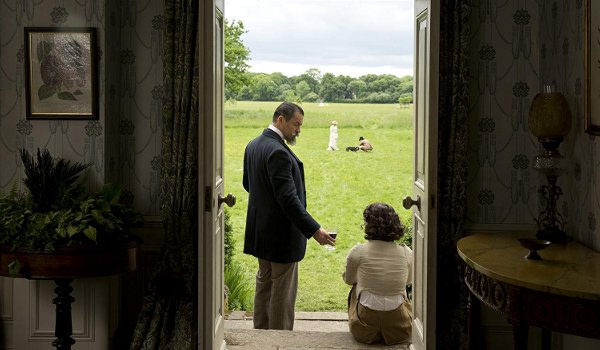
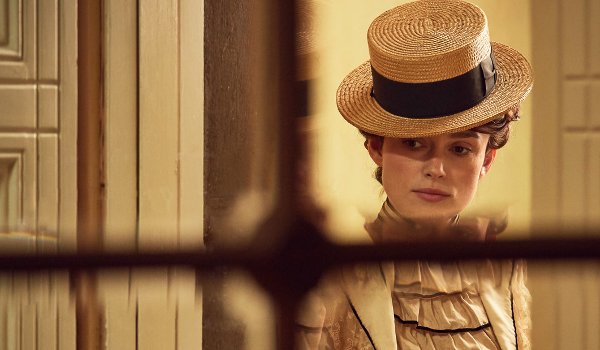
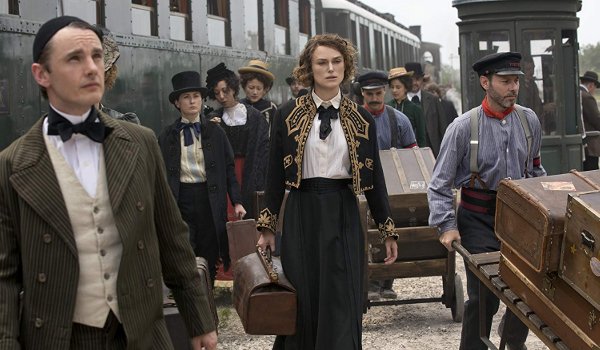

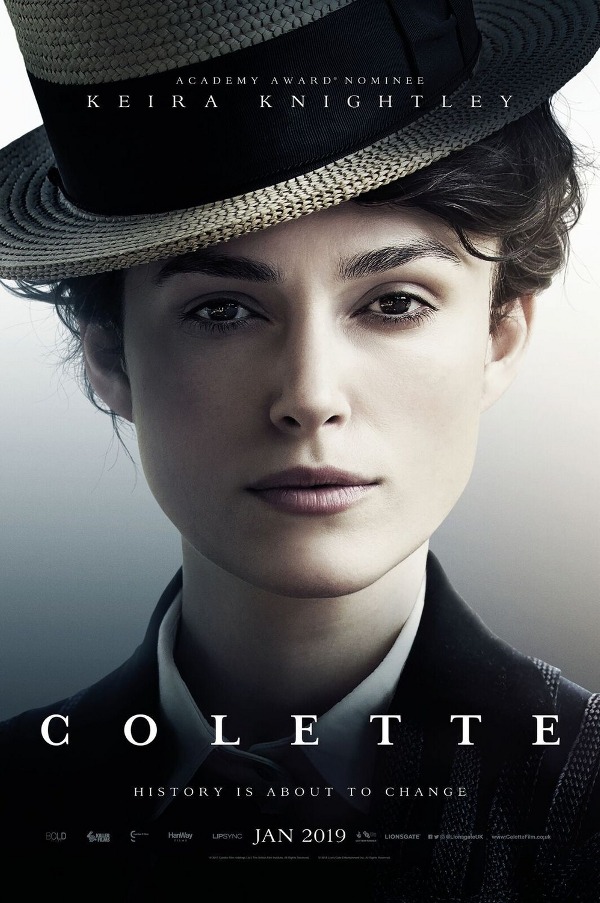
A Keira Knightley movie you love, what a surprise.
This is really good.